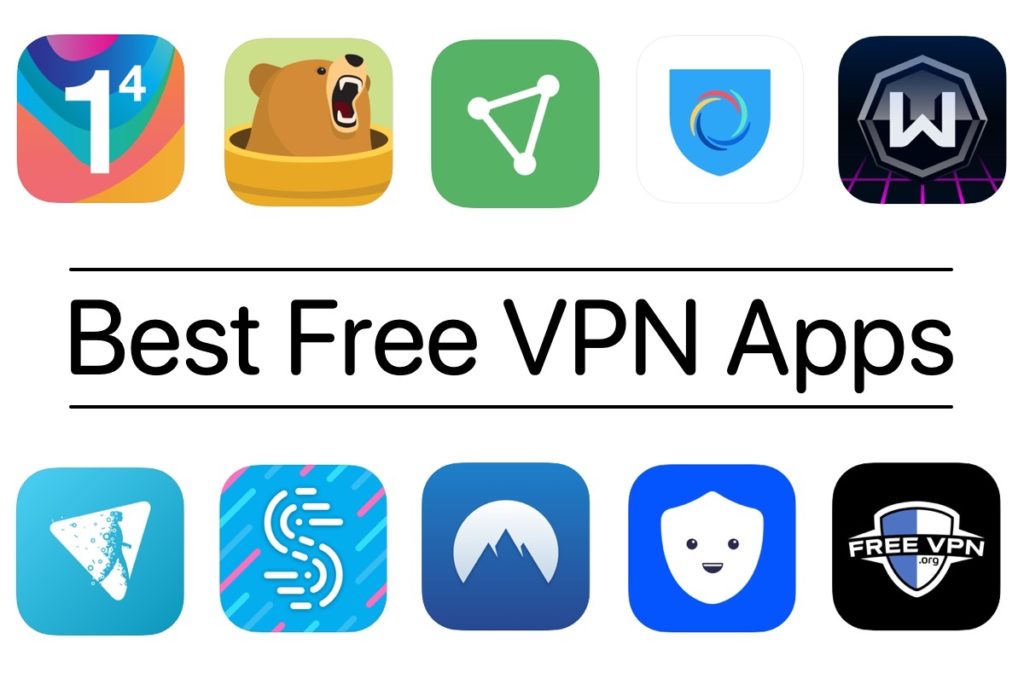Free VPNs Security or virtual private network broadens the assets of the network to encompass the more unrestricted networks, for example the Internet, using a wide area network (WAN) link or a point-to point connection, to connect the sites, using encryption and dedicated connections, but, all the time, giving the impression to the user of using a private link. This facilitates the host computer to receive and send data across networks (public or shared) under the safety, functionality and the executive policies of the private network.
Earlier, telecom carriers like AT&T and Verizon allowed VPN – type connectivity using dial-up modems or leased-line link by using Frame Relay or ATM (asynchronous transfer mode). These did not pass as true VPNs, and gave way to the highly cost-effective MPLS (multi-protocol label switching) VPN networks with increased bandwidth offered by DSL (Digital Subscriber Line) and fiber optic networks.
This allowed corporate company executives to use remote access VPNs to connect to their office Internet. Geographically separate offices could also stay connected with the help of site-to-site VPNs that encouraged a cohesive connectivity of networks. You can also use the VPN to connect similar networks, using a dissimilar network, as in the case of two IPV6 networks through an IPV4 network.
The vital VPN security technologies always have a sound reputation for protecting data communications, and use IPSec or SSL to provide encryption and validation for the networks. However, while for corporate networks, IPSec implements VPN security, Cisco and Juniper’s network appliances implement VPN hardware security. The analogous VPN software completes the network login and IPSec runs the network layer (layer 3) of the Open Systems Interconnection model.
SSL VPNs provide an alternative to IPSec and use the web browsers instead of VPN clients for private network login. They are also a cheaper alternative as they use the SSL network, which operates at a higher level than the IPSec, to build in protocols into standard web browsers and servers. The administrators also get better control options, but they find interfacing SSL VPNs to resources un-accessed from a web browser, a difficult task.
Let us now imagine, for some inexplicable reason, your VPN disconnected suddenly, exposing your true IP to the snoopers. In such cases, you can use A Software VPNetMon watches over your IP Address continuously, and the moment, your VPNs address disappears, shuts the relevant programs instantaneously, and prevents any application or snooper to use your real IP to establish a new connection. Similarly, VPN check is software that looks for change in your VPN adapter and shuts down your primary network connections to avoid problems.
